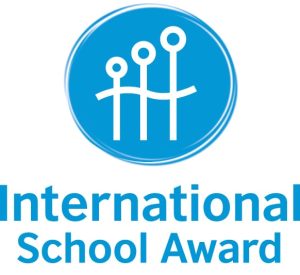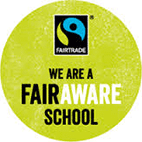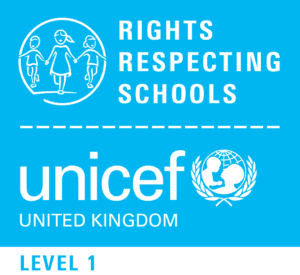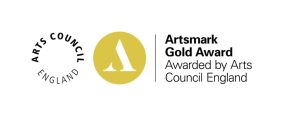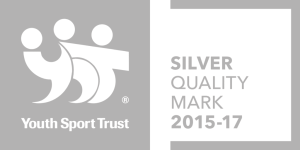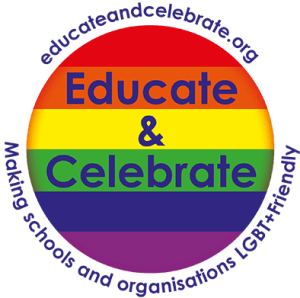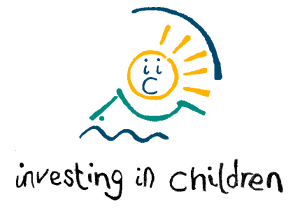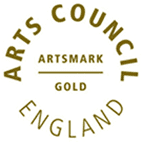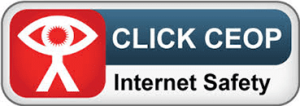| Curriculum Intent: |
| At Etherley Lane Nursery and Primary School Federation we offer a Nursery curriculum rich in wonder and memorable experiences.
We work hard to provide a stimulating environment that provides exciting opportunities, promotes challenge, exploration, adventure and a real love of learning. |
| Curriculum Implementation: |
| At Etherley Lane Nursery and Primary School Federation we meet the welfare requirements laid down in the Statutory Framework for the Early Years Foundation Stage and actively safeguard and promote the welfare of all of our children. We prioritise creating a ‘language rich’ environment through the use of songs, nursery rhymes, stories and providing time for quality interactions between adults and between peers. Trained staff ensure that interactions are positive and progressive, allowing children to flourish and gather words at pace in order to become confident communicators. Children are encouraged to become early readers through enjoyment of books and later the systematic teaching of phonics through the ReadWrite Inc. programme. The children learn nursery rhymes and develop their mathematical thinking through direct teaching and exploration. We want our children to become confident mathematicians who can apply what they have learnt to real life experiences. We have built our school environment to enable our children to strengthen their core muscles through physical play, children spend time outdoors in their natural environment in all weathers. They develop through wonderful, exploratory, sensory experiences in our mud kitchen, sandpit and exploring our woodland area. Our learning environment is adaptable in order to reflect children’s interests and progression. The children are supported to learn to work together, manage their feelings and ask questions through skilled adult facilitated play. Topics and children’s interests are supported by quality key texts. These are chosen carefully to encourage children’s speech, language and communication development. All planning however, is flexible and responsive to children’s needs so plans can be changed and adapted dependent on children’s interests. We understand the importance of parental engagement and believe that our parents have a crucial role to play in their children’s education. We work hard to create strong partnerships between home and school. Parents enjoy using My online journal to engage in their child’s learning and share experiences from home. As part of the learning and teaching process, children are assessed in relation to their progress towards the Early Learning Goals (ELGs). These judgements are made on the basis of accumulative observations and in-depth knowledge of the children acquired through ongoing assessments. These ongoing assessments are used to inform planning and next steps in teaching and learning for all children throughout the year.
|
| Curriculum Impact: |
Our curriculum and its delivery ensure that children, from their own starting points make good progress. During their time with us children make progress towards the national expectation for a Good Level of Development (GLD) at the end of their Reception year. Children develop their characteristics of learning and are able to apply their knowledge to a range of situations making links and explaining their ideas and understanding. Children are confident to take risks and we want them to discuss their successes and failures with peers and adults drawing on their experiences to improve or adjust what they are doing.
This area of learning and development focuses on developing a deep understanding of numbers and number patterns as well as shape, space and measures. Through play and practical, first-hand experiences, children develop an understanding of mathematical concepts and language. Pupils are taught to count objects, order numbers and to add and subtract numbers. They will have opportunities to develop and use every day and mathematical language to talk about shape, size, weight, capacity, position, distance, time and money, and will learn to solve problems.
Assessment Assessment of children is carried out daily with staff working and playing alongside children and making regular observations of what children do and say. Photographs, jottings, annotated pieces of work are collected to record children’s individual progress and inform future plans for learning.
Formal parents’ consultations are held and parents receive a written progress summary or school report in July. Observations of children’s learning experiences are collated in their individual learning journals. Your child’s Key Person is also available at the beginning and end of sessions to chat to you about your child’s progress.
The Early Years Foundation Stage (EYFS) requires that parents and carers must be supplied with a short, written summary of their child’s development in the three prime learning and development areas of the EYFS: Personal, Social and Emotional Development; Physical Development; and Communication and Language; when the child is aged between 24-36 months.
The aims of the progress check are to:
Early Years Curriculum OverviewThe following documents specify the knowledge and skills taught in 3-4 year old Nursery that prepare children for future learning in Reception.nursery geography RE-curriculum nursery-art-and-design-curriculum nursery-being-imaginative-curriculum The following documents show the skills and knowledge taught to our Two-Year-Olds that support future learning in Nursery.2-year-olds-art-and-design-curriculum Copy2-year-olds-Communication and Language-curriculum (1) – Copy2-year-olds-geography-curriculum 2-year-olds-history-curriculum
|

